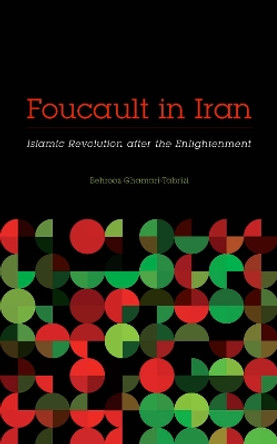This book advances the argument that revivalist Islamic states, in spite of their possible circumstantial variations, share certain universal characteristics. They are bound to undergo a prolonged period of crisis in the process of their self-definition. This crisis is the outcome of the confrontation between the populist forces with their populist-utopian interpretation of Islam, and the conservative alliance of privileged classes upholding Islam's defence of private property rights as sacred. Such a confrontation is further accentuated by the antagonism of revivalist movements toward cultural patterns that do not conform to traditional Islamic values. In this book, leading authorities on Iran examine the characteristics of the 1979 revolution and the post-revolutionary crisis, to provide a unique analysis and appraisal of a nation's experimentation with Islam as a political catalyst and as a philosophy for building social order.
In this work writers on Iran explore the ideological and political divisions within the Islamic movement and explain the post-revolutionary period in terms of economic policy, education, attitudes to women, and national and religious policies.Book InformationISBN 9781860641282
Author Saeed RahnemaFormat Paperback
Page Count 304
Imprint I.B. TaurisPublisher Bloomsbury Publishing PLC








